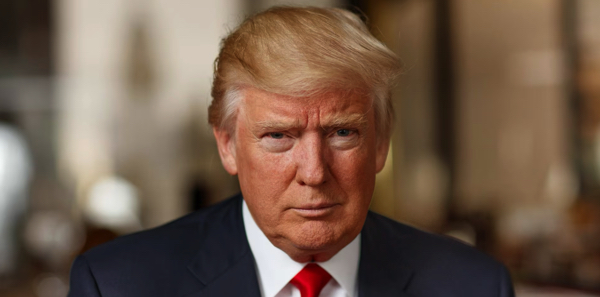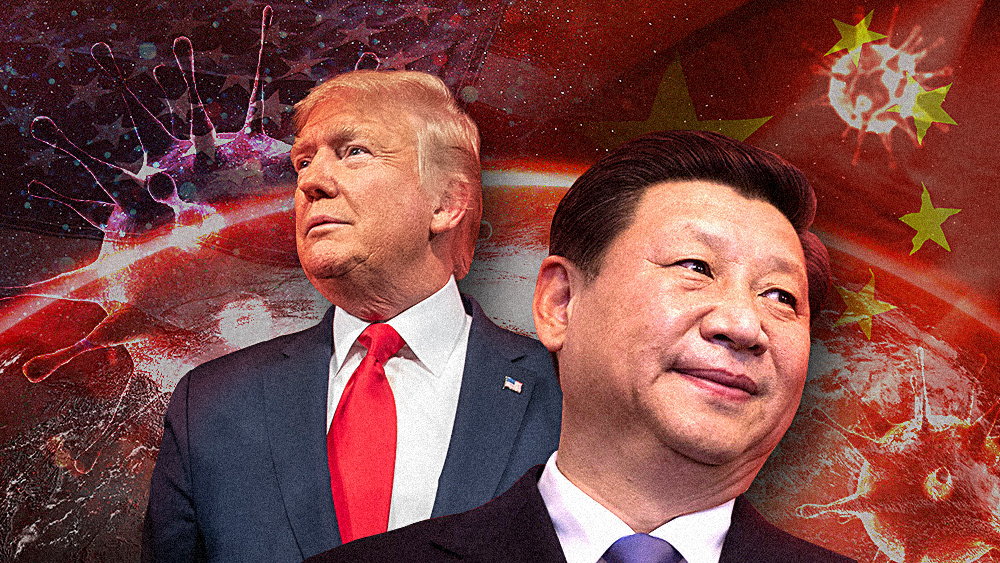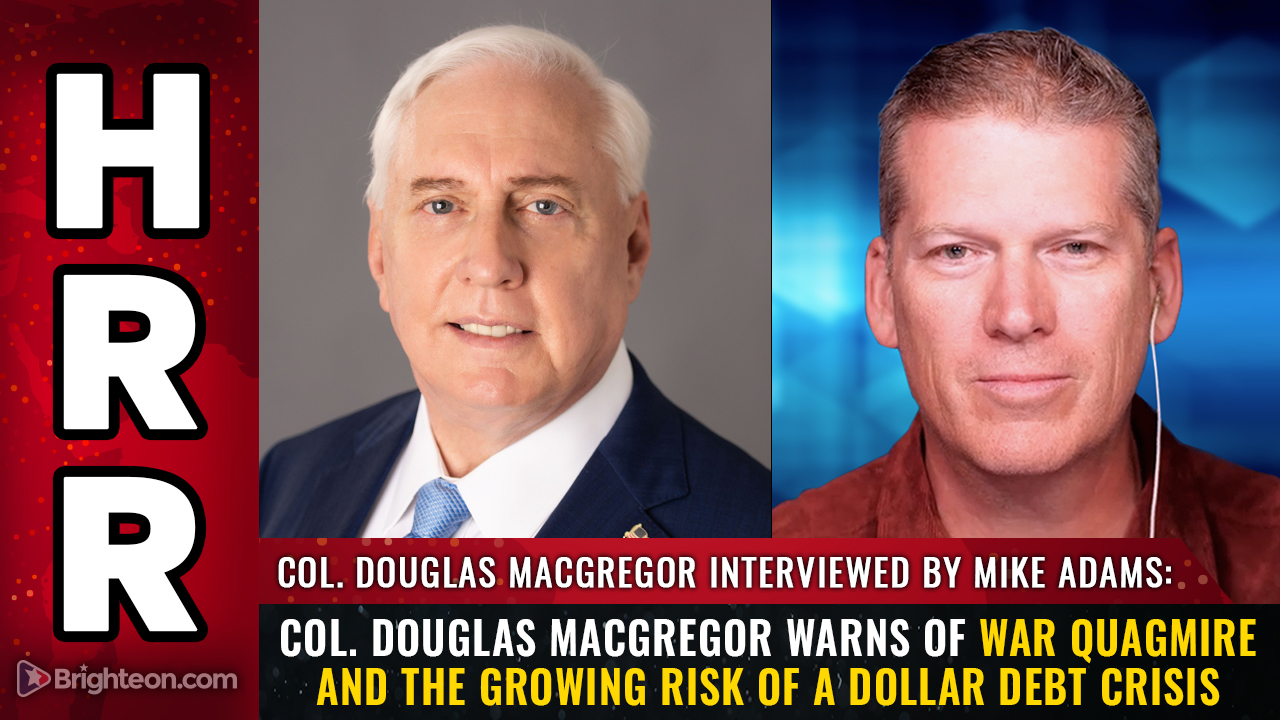 Parler
Parler Gab
Gab
- A survey by the University of Michigan shows one-year inflation projections dropping to 4.4 percent (from five percent in June) and five-year expectations falling to 3.6 percent – the lowest since early 2025 – signaling cautious optimism.
- The Consumer Sentiment Index rose to 61.8 in July, its highest since February. Yet confidence stays below historical averages due to lingering concerns about trade policy and inflation.
- Despite a 20 percent average tariff rate (the highest in 100 years), inflation remains subdued as lower service prices offset tariff-driven goods costs and consumers view the effects as temporary.
- Falling inflation expectations may support a Fed rate cut, with markets anticipating a possible September reduction, though policymakers remain wary of trade-related risks.
- Retail sales grew 0.6 percent in June, but consumers prioritize necessities over discretionary purchases, reflecting cautious optimism amid economic uncertainty.
Why tariffs haven't crushed consumer confidence yet
The U.S. currently faces a 20 percent average tariff rate, the highest in a century, yet inflation data show only modest price pressures. The Consumer Price Index (CPI) rose just 0.3 percent in June, while the Producer Price Index (PPI) held steady at zero percent. Import and export prices saw minor increases of 0.1 percent and 0.5 percent, respectively. Economists argue that while tariffs are raising the cost of goods, these increases are being offset by lower prices in non-trade services. Additionally, consumers appear to believe that tariff-driven inflation will be temporary rather than permanent – a key factor in preventing long-term economic pessimism. The Federal Reserve pays close attention to inflation expectations because they influence business pricing and wage negotiations. If consumers and businesses expect prices to keep rising, they adjust behavior accordingly, creating a self-fulfilling cycle of inflation. Recent data suggest the Fed may be gaining ground in its battle against inflation. The New York Fed's June Survey of Consumer Expectations showed one-year inflation projections dipping to three percent from 3.2 percent. Meanwhile, markets now anticipate a potential quarter-point rate cut in September, according to the CME FedWatch Tool. Despite economic uncertainty, retail spending showed resilience in June – rising 0.6 percent from May and 3.9 percent year-over-year. However, consumer habits are shifting: Americans are spending more on essentials while cutting back on discretionary purchases. This suggests that while confidence is improving, households remain cautious with their budgets. "Consumers are unlikely to regain their confidence in the economy unless they feel assured that inflation is unlikely to worsen – for example, if trade policy stabilizes for the foreseeable future," Joanne Hsu, UMich Surveys of Consumers director, wrote in the report. The latest data paint a cautiously optimistic picture: Inflation expectations are cooling, consumer sentiment is rising and spending remains steady despite high tariffs. But the economy is not out of the woods just yet. Watch this Fox News report about the Trump White House setting the record straight on tariffs and inflation. This video is from the NewsClips channel on Brighteon.com.More related stories:
Trump declares war on the Fed: A clash over inflation, regulation and American prosperity. Inflation slows to 2.3%, marking lowest rate since 2021 as Trump policies reverse Biden-era price surges. President Trump announces new tariff rates to compete globally and rebuild American economy. Sources include: YourNews.com AInvest.com PYMNTS.com Brighteon.comU.S. and China near trade deal as Stockholm talks aim to avert August tariff spike
By Cassie B. // Share
Trump signs executive order to clear homeless encampments nationwide
By Laura Harris // Share
U.S. jobless claims fall for sixth straight week, hitting three-month low
By Laura Harris // Share
Trump’s Middle East escalation risks full-blown regional war
By Finn Heartley // Share
Governments continue to obscure COVID-19 vaccine data amid rising concerns over excess deaths
By patricklewis // Share
Tech giant Microsoft backs EXTINCTION with its support of carbon capture programs
By ramontomeydw // Share
Germany to resume arms exports to Israel despite repeated ceasefire violations
By isabelle // Share










